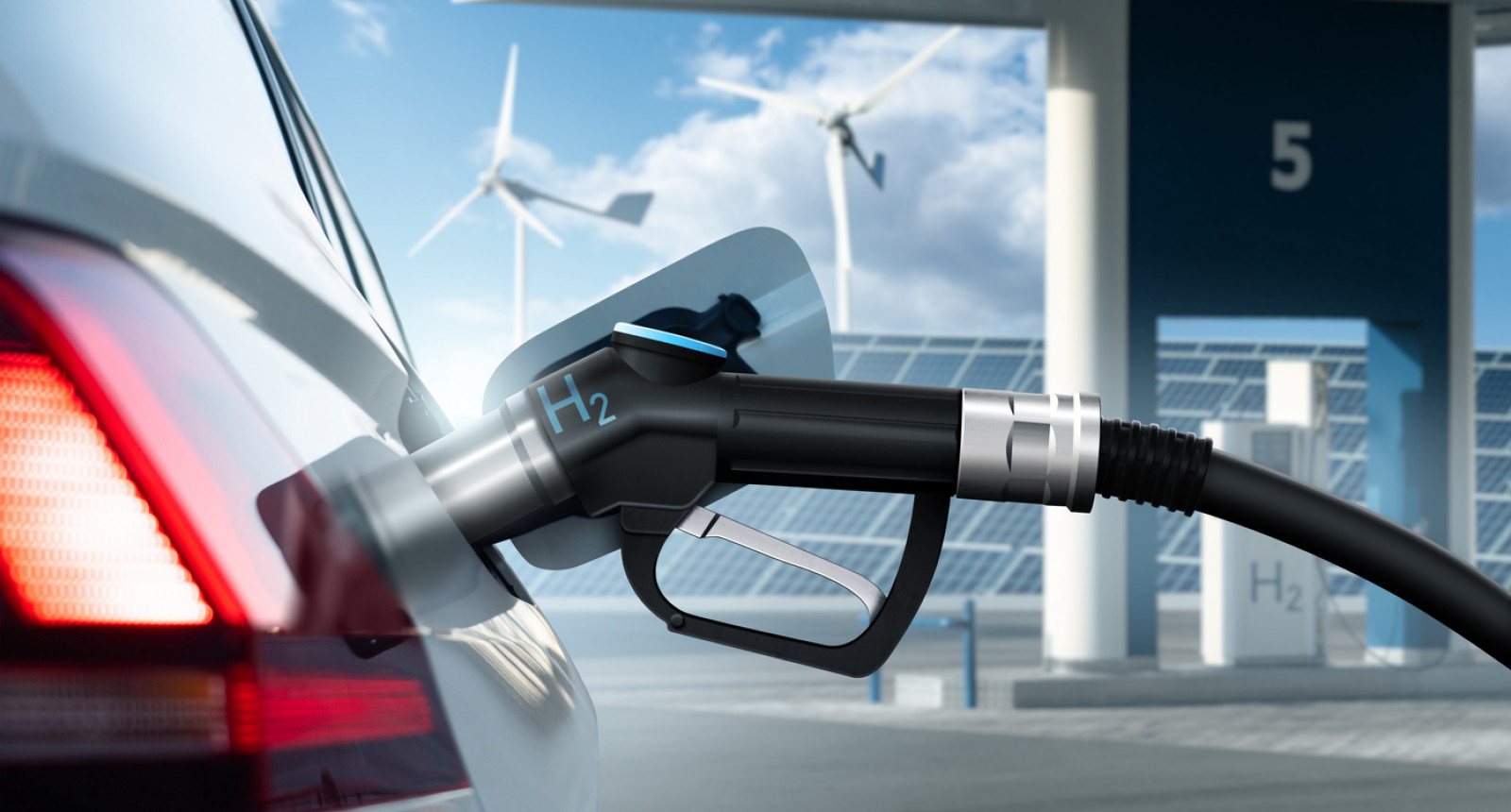The automotive industry is at the forefront of a major transformation, with a focus on developing sustainable and eco-friendly alternatives to traditional fossil fuels. One of the contenders in this race is hydrogen, a clean and abundant energy source. However, the path to mainstream adoption of hydrogen-powered cars is not without its challenges.
Hydrogen for domestic use
The production of hydrogen on a large scale demands substantial amounts of electricity, necessitating extensive storage facilities. The potential use of hydrogen in domestic boilers is a development that means consumers could charge their cars at home.
The concept revolves around delivering hydrogen through existing gas networks, eliminating the need for large-scale storage. If this becomes a reality, homeowners could not only power their boilers with hydrogen but also use it as a convenient fuel source for their vehicles right from the comfort of their homes. This is a promising step towards hydrogen being a long-term solution to address the energy needs of both homes and vehicles.
Hydrogen for commercial use
Trials of hydrogen-operated boilers for commercial applications, such as for businesses and public sector bodies, are also being carried out. In South Wales, Air Products is making a £6.5m investment in a hydrogen filling station at its Llanwern hydrogen facility. The station, which is expected to be operational by early summer 2024, will make 1.5 tonnes of fuel-cell grade hydrogen available daily, with the capacity to serve a fleet of 100 buses or 50 trucks.
Toyota's track record
Toyota has been exploring the possibility of liquid hydrogen as a car fuel. In May 2023, Toyota showcased its liquid-hydrogen-powered Corolla at the Super Taikyu Fuji 24 Hours Race in Japan, marking the first-ever race featuring a vehicle fuelled by liquid hydrogen.
Toyota has also commissioned Yamaha to develop a 5-litre V8 engine powered entirely by hydrogen, reflecting a commitment to expanding fuel options for internal combustion engines. Toyota hopes to use the severe conditions of racing to identify issues with the car that cannot be found in the research stage. Its goal is to speed up the development of commercial sales of hydrogen cars.
The race against electric vehicles
The timeline for the widespread adoption of hydrogen cars faces competition from the already established electric vehicles (EVs). EVs have gained significant traction, with well-established charging infrastructure, improved ranges and advancements that address the limitations previously associated with them.
By the time hydrogen cars become a viable option, EVs might have solidified their position as the number one choice for consumers and businesses.
Hydrogen beyond passenger cars
While hydrogen-powered passenger cars may face a longer timeline for mass adoption, other sectors of transportation are exploring hydrogen as a more immediate solution.
Hydrogen buses and lorries could be integrated into public transportation and logistics networks sooner than their passenger car counterparts.
Hydrogen is also being tested in off-road applications, such as in the development of technology for heavy-duty commercial vehicles like earth movers. This diversification allows hydrogen to make a meaningful impact in reducing emissions and fostering sustainable practices within the transportation sector.
The future of hydrogen cars is undoubtedly promising, but the journey towards widespread adoption is marked by challenges that need to be addressed. As the automotive industry continues to evolve, a blend of innovative solutions, public awareness and policy support will determine the role hydrogen plays in shaping the future of transportation.
Want more information? Get in touch.

